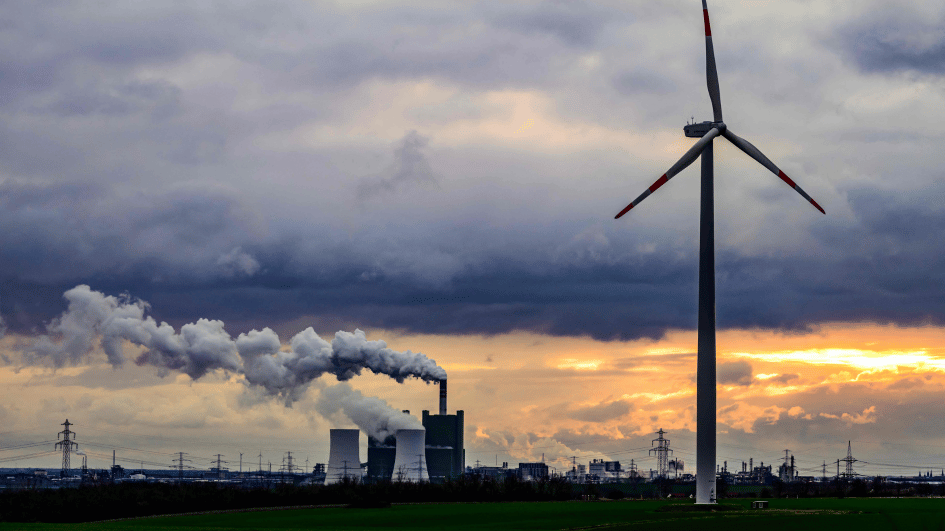EU debates 2040 milestone towards carbon-neutral future
BRUSSELS

The EU plans to be carbon neutral by 2050, but to get there it needs to pass two decadal milestones - each implying massive adaptation by industry and consumers.
The first of those has already been set: achieving at least a 55 percent reduction in greenhouse gas emissions by 2030, compared with a 1990 baseline.
Now, the 27-country European Union is tackling the next transition stage: its climate-fighting ambitions for 2040.
The bloc's environment ministers on Jan. 15 launched the debate on that goal, ahead of the European Commission early next month presenting its impact assessment reports of different climate target scenarios.
Those developments will inform positions that will be crystallised in the next European Commission and European Parliament that will result from EU elections taking place in June this year, with a formal EU proposition to be formulated in late 2024.
The current EU climate commissioner, Wopke Hoekstra, has vowed a net emissions reduction of "at least 90 percent" by 2040.
Carbon Market Watch, a not-for-profit research organisation seeking to shape the EU's climate stance, says current Green Deal legislation won't achieve the targets set, noting that many of the already-agreed transitions are backloaded to 2030.
Several EU governments and conservative EU lawmakers are also putting up resistance, calling for a pause in environmental legislation.
Part of that is because of blowback from the bloc's powerful farming lobby, whose voice is being increasingly heard as parties vie for European Parliament seats.
Dozens of climate non-governmental organisations, think tanks and research groups have called for overall emission cuts, more carbon sinks like forests that absorb gases, and carbon capture and stockage technologies.
"This is a crucial moment to shape the climate policy architecture," said Fabiola de Simone, of Carbon Market Watch.
Aiming for a "net" carbon reduction -- meaning using offsets to bring down overall emission figures rather than an across-the-board cut -- "can lead us to slow down the efforts to reduce emissions first, which is our priority," she said.
"This kind of approach... is wrong scientifically, it's also very risky," she said.
Adolfo Aiello, deputy head of the European Steel Association, said that a 90-percent target in any case "entails almost a full decarbonisation of energy-intensive industries such as steel".
"The EU steel industry's decarbonisation alone would require the equivalent of today's German electricity consumption," he said.
















